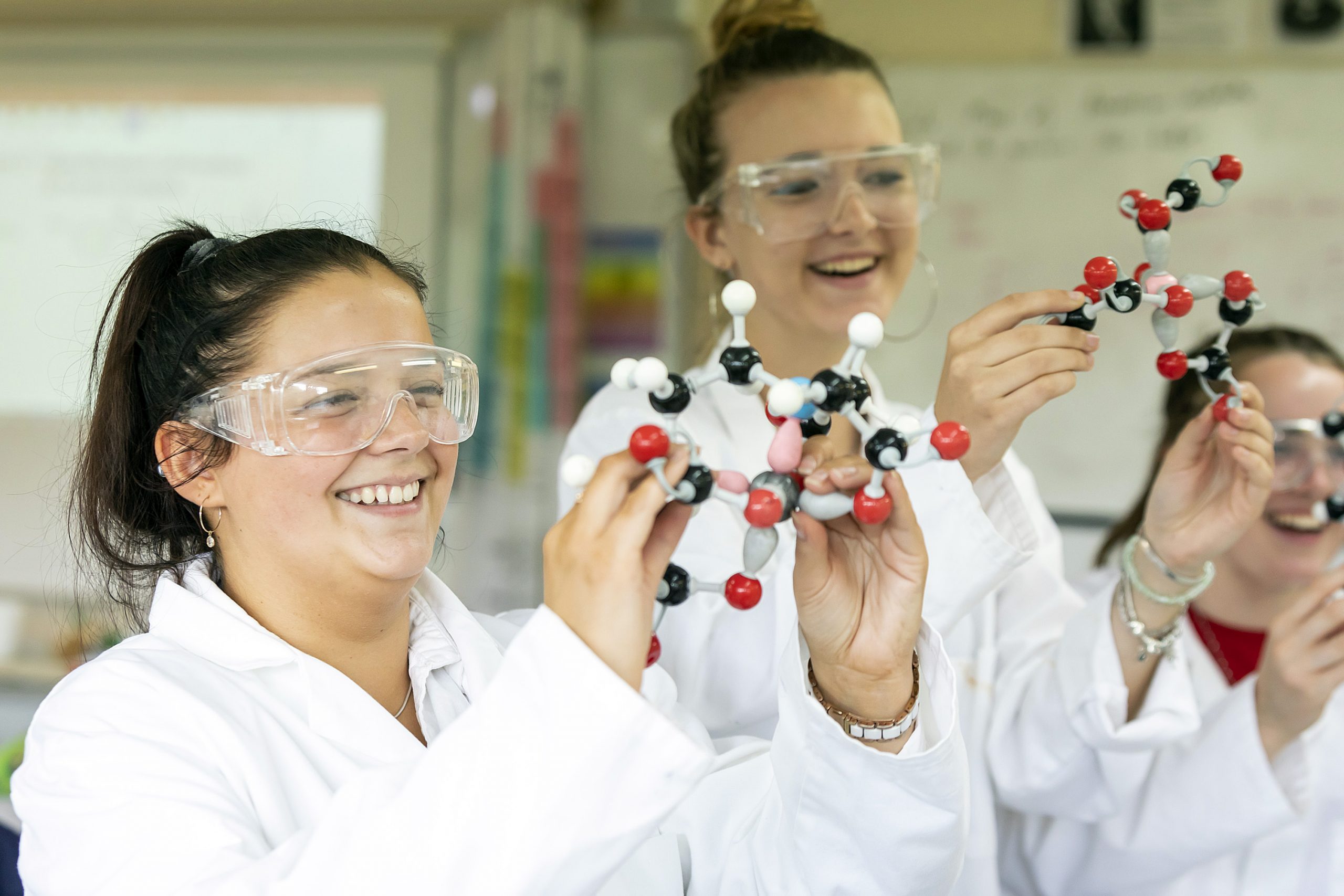Five GCSEs at grade 9–4, including 5 or higher in English Language, a 6 or above in Higher Maths, and Biology or Additional Science. BTEC Level 2 qualifications considered in subject related courses with a Distinction achieved.

Biology is the study of life, from whole ecosystems to the structure of the human body. You will explore topics such as genetic engineering, human health and disease, biodiversity, ecology, physiology of exercise and climate change. This course allows you to combine practical testing with theory to enhance your learning.
Five GCSEs at grade 9–4, including 5 or higher in English Language, a 6 or above in Higher Maths, and Biology or Additional Science. BTEC Level 2 qualifications considered in subject related courses with a Distinction achieved.
Module 1 – Development of practical skills in Biology
Module 2 – Foundations in Biology
Module 3 – Exchange and transport
Module 4 – Biodiversity, evolution and disease
Module 5 – Communications, homeostasis and energy
Module 6 – Genetics, evolution and ecosystems
There are three exams at the end of the second year. Over the two years you will complete several practicals such as microbiology, ecology surveys and microscopy, which will lead to your successful attainment of the practical endorsement in biology.
Career paths include a variety of areas such as medicine, dentistry, midwifery, nursing and other biomedical and healthcare professions.
It can also provide the foundation for the many pure scientific branches of the biological sciences, such as physiology, biochemistry, ecology, pharmacology and marine biology. Biology is also extremely relevant to environmental science, food technology, agriculture, horticulture and forensics.
There are field trips to the Natural History Museum in London, Marwell Zoo, sparsholt college fisheries unit and a mandatory residential field trip of two nights three days to complete unit 4 in the summer term.
You will have access to a suite of superbly equipped laboratory facilities divided between physics, biology, chemistry and environmental science.
You have access to well-equipped laboratories which have been recently modernised and been much admired as a great practical learning space as well as support from our science technicians.